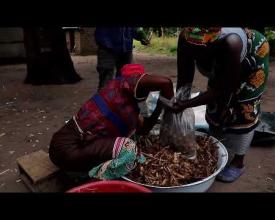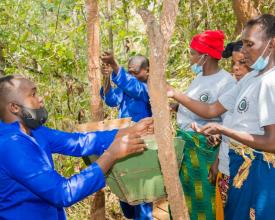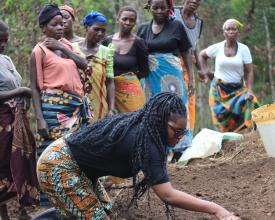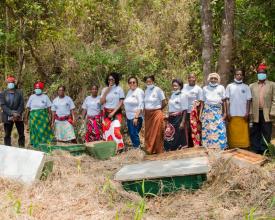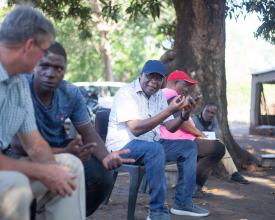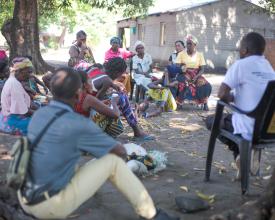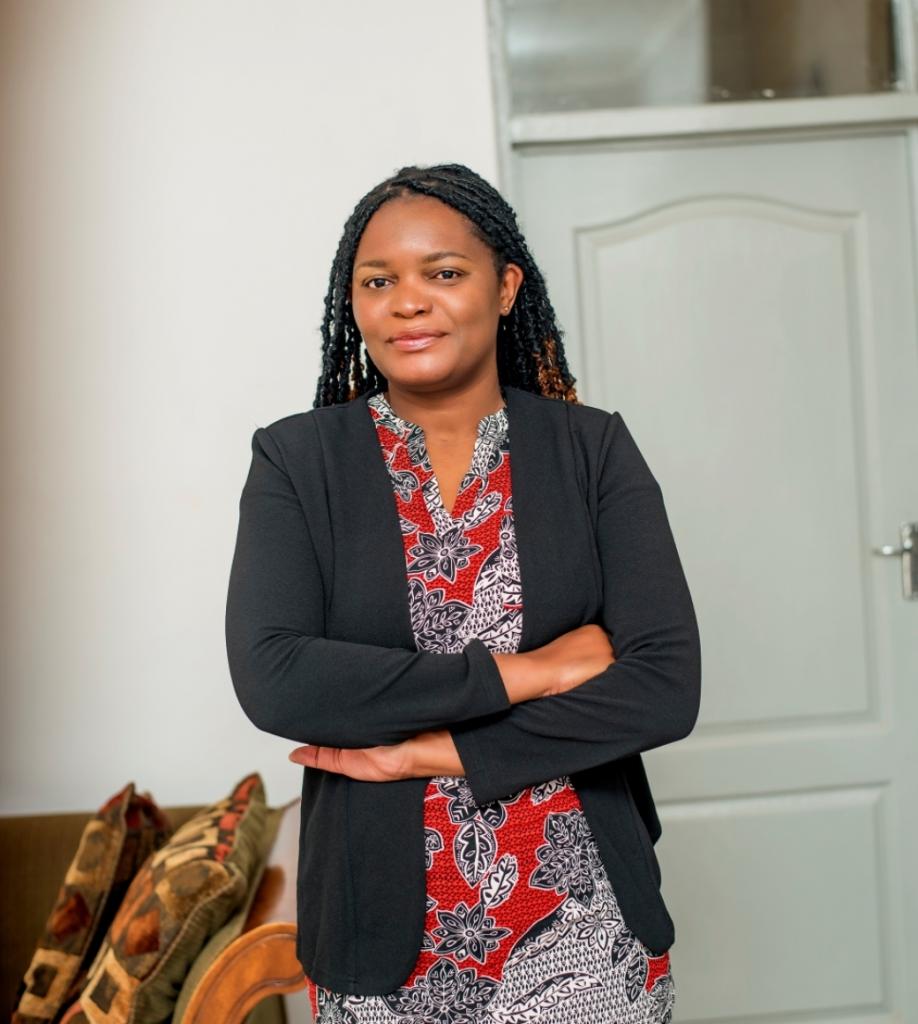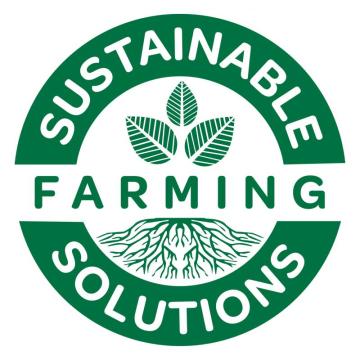
Malawi Championship – Woodlots and Streambank
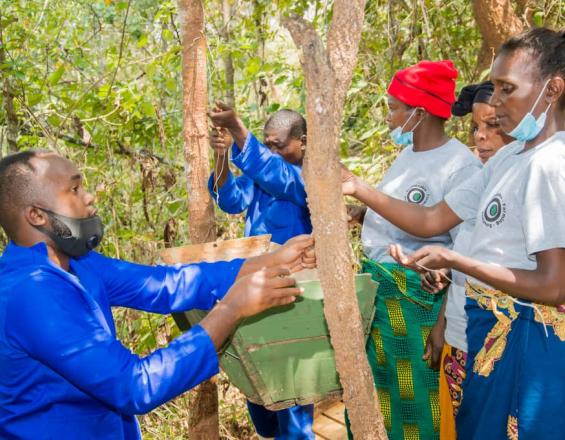
SFS was born out of the idea that each community can be empowered to be self-sustaining and grow to a level where they can provide for others and not just themselves while healing their ecosystems with the right professional expertise. Land conversion for agriculture is one of Malawi's most significant drivers of deforestation. Being an agro-based economy with 85% of the population relying on agriculture, the problem only intensifies. Market pressures force farmers in Malawi to intensify agriculture and focus on short-term investment returns, leading to land degradation. With degraded soils, farmers are forced to supplement their farming income through over-exploitation of natural resources, adversely affecting the environment, reducing their productivity, and consequently affecting their livelihoods.
Context
Challenges addressed
Due to overexploitation of natural resources, specifically agricultural expansion; planting within and on the rivers and streams and clearing of natural forests, rural women bear the brunt of the burden on farms and walk long distances to feed families and gain extra income in the Kavuzi and Sanga areas of Nkhatabay. We saw an opportunity to halt this trend in rural women who are small-scale producers and empower them economically through smart farms and conservation management. By making profits from farming activities due to intelligent, tailored technologies, they can see value in restoring their land, leveraging technological advances, and using smart, sustainable farm management practices. We encourage planting trees on farms to increase land cover through agroforestry practices. We are advocating for Farmer managed Natural regeneration (FMNR).
Location
Process
Summary of the process
Ecosystem discovery helped us hone in on how to solve the problem we are trying to address. Partnerships and collaborations helped our enterprise to position our selves to effectively tackle the problem with tailored solutions.
Building Blocks
Collaborations and partnerships
A conservation enterprise under the REFRESH Project provided business and technical backstopping support and developed strategic business alliances with other enterprises to leverage markets for our restoration effort beneficiaries.
Enabling factors
Enterprise development ensured a well-set up enterprise leveraging on training.
Lesson learned
Building our financial and credit history enables us to become an investment-ready enterprise to finance our restoration efforts and impact.
Ecosystem Discovery
We conducted a scoping baseline survey on how best to carry out our restoration efforts with our women in Kavuzi and Sanga
Enabling factors
We have a founding team of experts in resource assessments and livelihood assessments.
Lesson learned
Targeted interventions work and assist in dealing with the root cause of problems
Impacts
SFS is a land restoration, conservation and extension enterprise that provides farmers with access to tailor-made training, inputs finance and access to markets for them to restore their farmlands and enhance their livelihoods in this changing climate. We encourage planting trees on farms to increase land cover through agroforestry practices. We are advocating for Farmer managed Natural regeneration (FMNR), technical training and a community development approach to support local communities in restoring their natural environment through systematic management. As SFS, we have piloted our prototype with 300+ women farmers with tailor-made training and financing. We are proud that we have over 500 farmers already registered, 199 funded, and nearly 1000 expressing interest in Kavuzi and Sanga. We managed to increase the earning power of these women farmers by 30%. Within the last two years, we have managed to put under restoration 274 Ha, contracted local experts in seed collection and set up village savings groups with women farmers that enable them to earn more. SFS is supported by a team of selfless interns and volunteers who believe in its success and the impact of its endeavours. We were incubated at the World Resources Institute (WRI) Land Accelerator 2021.
Beneficiaries
Our beneficiaries are women farmers, their families and communities that directly benefit from our restoration interventions, including honey production, mushroom production, tree seedlings production and sales of the same, and Garlic farming.
Sustainable Development Goals
Story
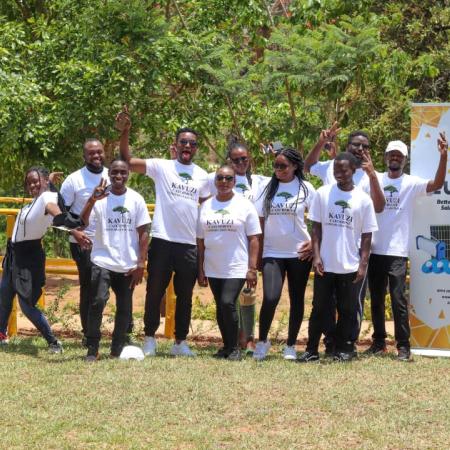
SFS was born out of the idea that each community can be empowered to be self-sustaining and grow to a level where they can provide for others and not just themselves while healing their ecosystems with the right professional expertise. Land conversion for agriculture is one of Malawi's most significant drivers of deforestation. Being an agro-based economy with 85% of the population relying on agriculture, the problem only intensifies. Market pressures force farmers in Malawi to intensify agriculture and focus on short-term investment returns, leading to land degradation. With degraded soils, farmers are forced to supplement their farming income through over-exploitation of natural resources, adversely affecting the environment, reducing their productivity, and consequently affecting their livelihoods. Our story began in Kavuzi where low-income earning potential drives communities to produce illegal charcoal for sale and exploit natural resources. We organised a walk to finance alternative income sources and restore the Kavuzi river and its catchment in October 2020. We registered women farmers and put 274 Ha under Farmer-managed natural regeneration.

